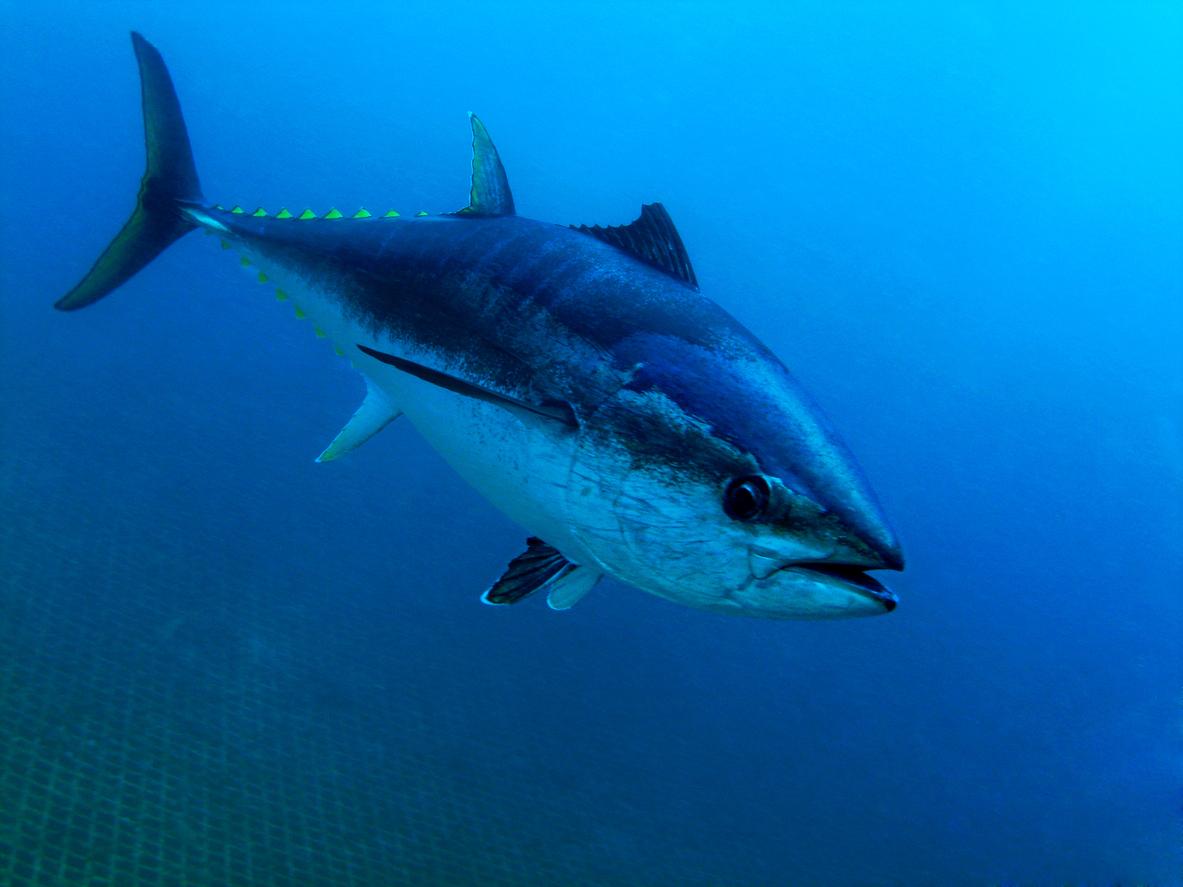
Warmer waters from climate change causing fish to shrink in size
As cold-blooded animals, fish cannot regulate their own body temperature
Source: www.independent.co.uk
Fish could shrink in size dramatically as ocean temperatures rise because of climate change, according to a new study.
When the water gets warmer, cold-blooded fish need more oxygen. However, one of the consequences of climate change is less oxygen in the sea.
These twin effects could combine to stunt the growth of fish, the researchers concluded.
Professor William Cheung, of the University of British Columbia in Canada, who co-wrote a paper about the study in the journal Global Change Biology, said: “Fish, as cold-blooded animals, cannot regulate their own body temperatures.
“When their waters get warmer, their metabolism accelerates and they need more oxygen to sustain their body functions. There is a point where the gills cannot supply enough oxygen for a larger body, so the fish just stops growing larger.”
The gills of fish also usually grow at a slower pace than the rest of their body.
For example, as a cod increases its weight by 100 per cent, their gills only grow by 80 per cent.
Such fish compensate for this by breathing faster as they get bigger.
But the fish’s need for more oxygen because of the warmer water and the presence of less oxygen in the water – the twin effects of climate change – puts a gradually lowering limit on the effectiveness of this process.
The researchers estimated fish could reduce in size by as much as 25 per cent for each degree Celsius of warming.
And some fish would be more affected than others, they said.
“The biological implication of these results is that fish whose gills grow almost as fast as their weight (eg tuna) are physiologically more sensitive to warming,” the paper said.
“Such elaborate gill development enables these fish to have an oxygen-demanding, active life-style.
However, it also renders them more sensitive to increased oxygen demand from warming or decrease in oxygen supply. Thus, they move actively to follow specific isotherms [areas of the same temperature] and avoid lower oxygen area.”
